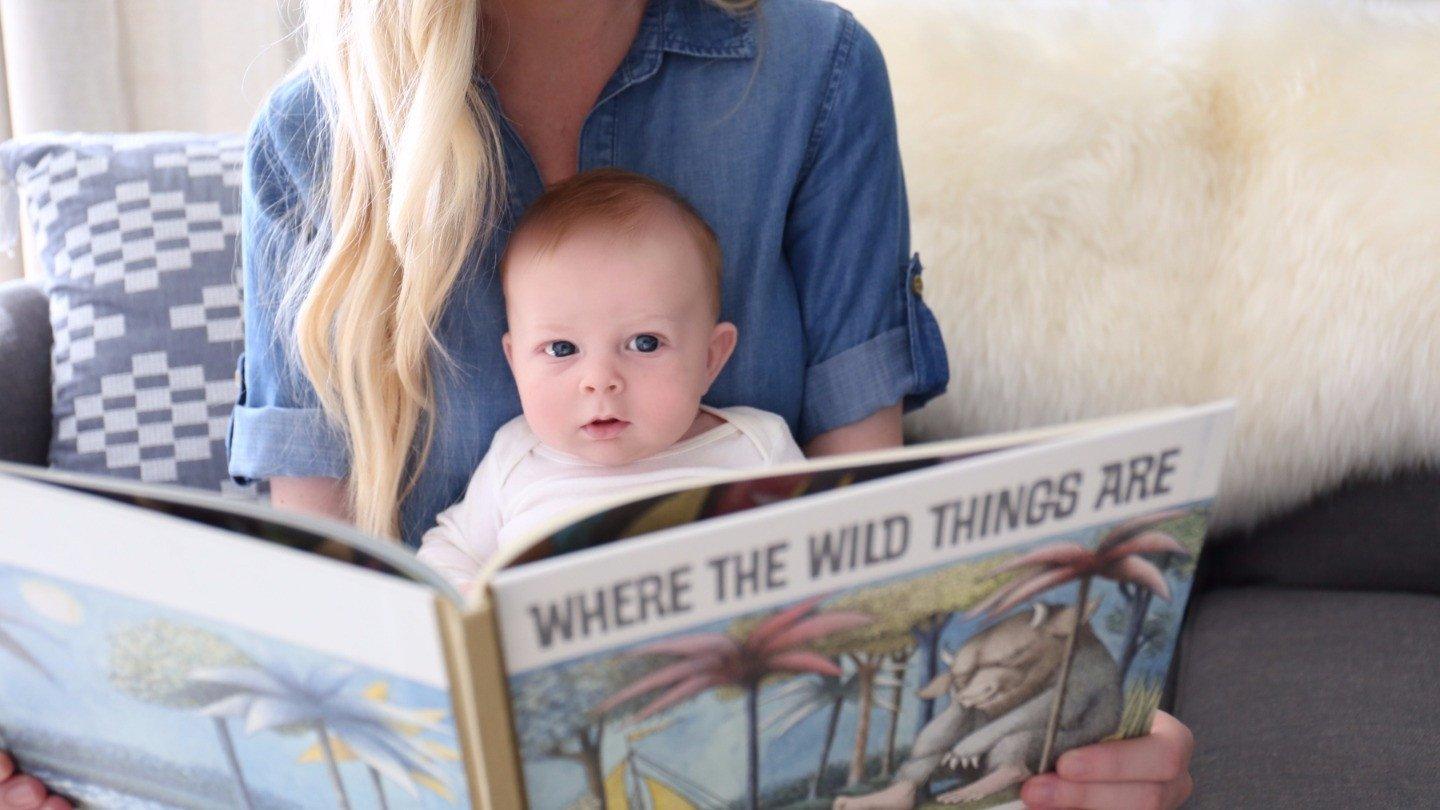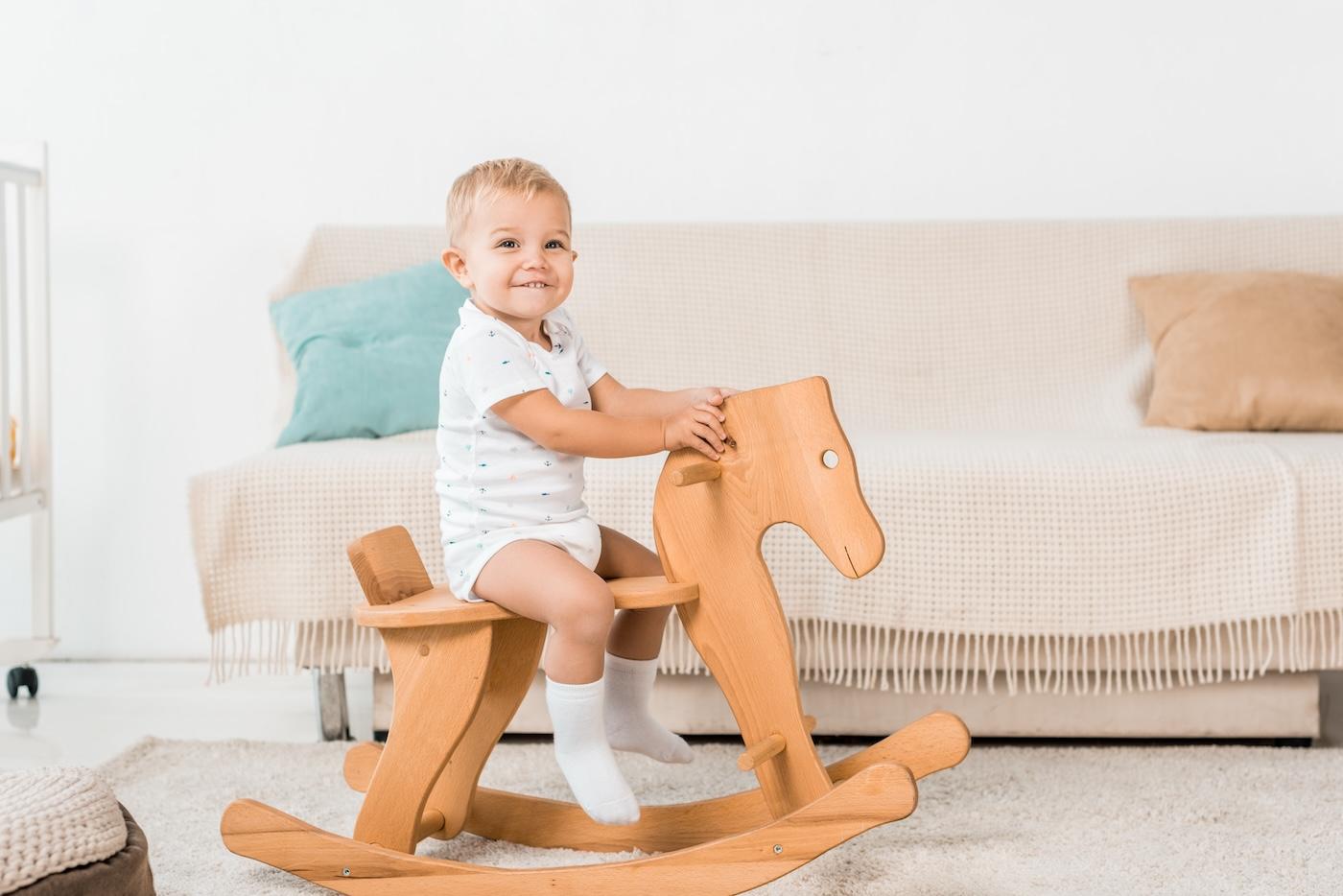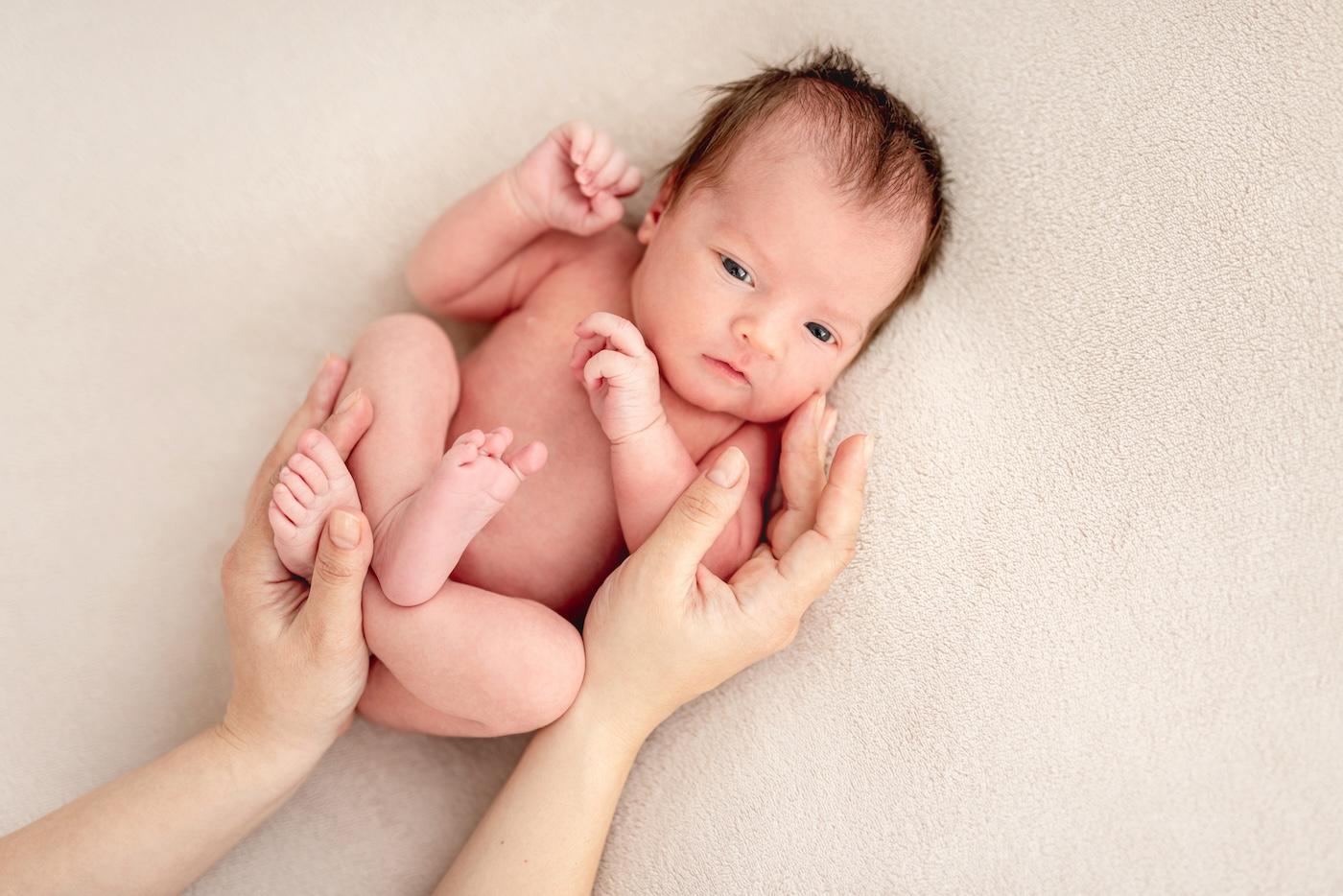BABY
Your Baby’s Incredible Ability to Learn
How and what babies really learn.

Written by
Dr. Harvey Karp

For the first few weeks, these abilities pretty much restrict your baby’s daily activities to eating, looking, sleeping, peeing, and pooping.
Yet, as limited as your baby’s brain is, it has one more truly surprising talent…the ability to learn!
Babies’ Innate Ability to Learn
Our little ones begin to recognise the voices and music they hear in the womb. And after birth, babies quickly learn to distinguish the scent of their mum’s milk from another mum’s. They also learn to coo and squirm the moment they see Dad’s smiling face…even before his tickling fingers start poking them.
The way babies learn—sifting through and filing away each day’s huge silo full of new experiences—is probably why they have five times more REM sleep than we do.
Since babies are such great learners, you would think that they should be able to learn to sleep better. In fact, they can! Teaching your baby good sleep cues is key to helping her snooze better!
How to Help Your Baby Learn:
- Infant Activities for 0- to 6-month-olds
- Infant Activities for 6- to 12-month-olds
- Sensory Activities for Babies and Toddlers
- Best Books for a Baby’s First Year
- Bilingual Baby Books
Disclaimer: The information on our site is NOT medical advice for any specific person or condition. It is only meant as general information. If you have any medical questions and concerns about your child or yourself, please contact your health provider. Breastmilk is the best source of nutrition for babies. It is important that, in preparation for and during breastfeeding, mothers eat a healthy, balanced diet. Combined breast- and bottle-feeding in the first weeks of life may reduce the supply of a mother's breastmilk and reversing the decision not to breastfeed is difficult. If you do decide to use infant formula, you should follow instructions carefully.
SHARE THIS ARTICLE
PARENT PICKS
Bestsellers



















